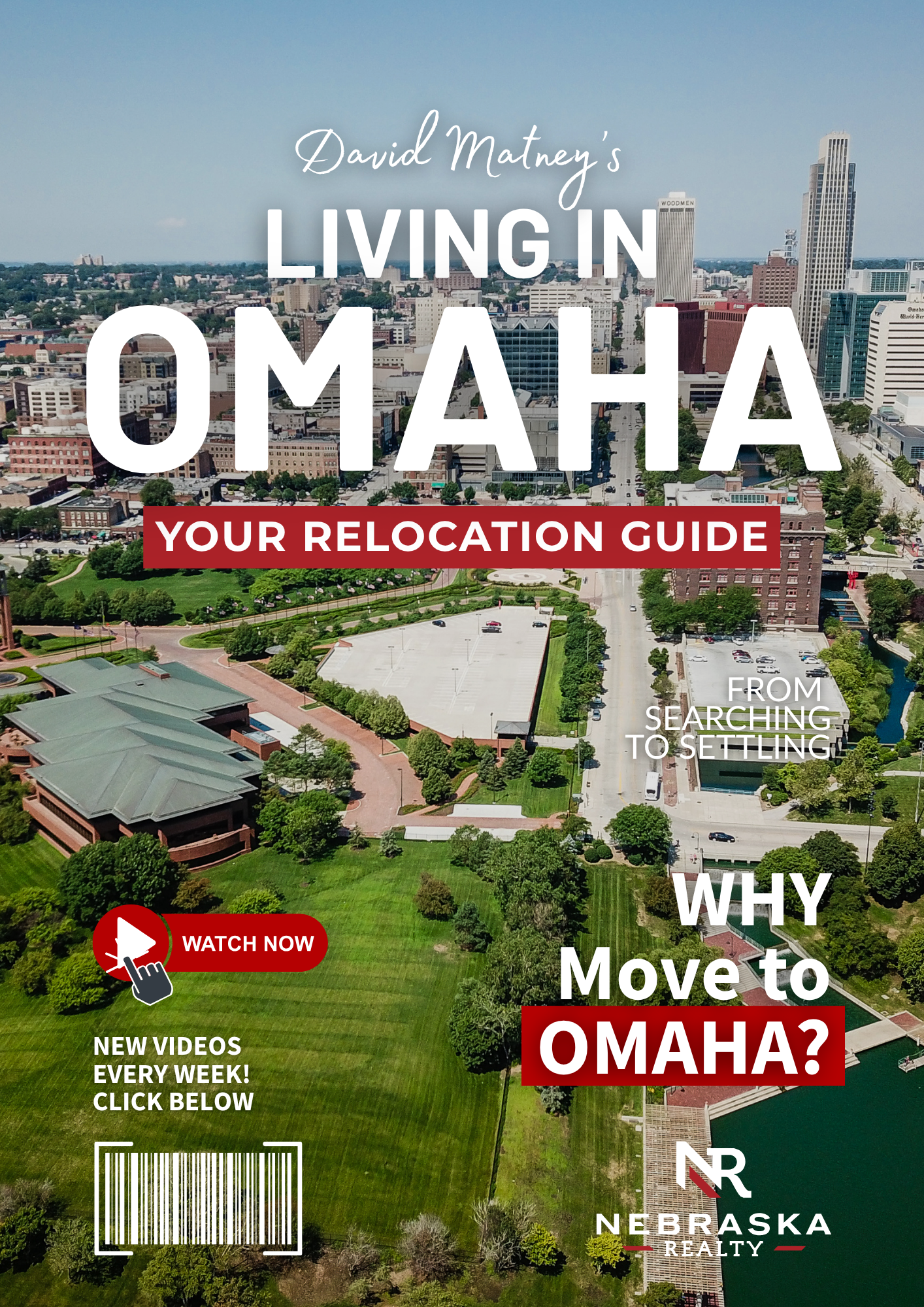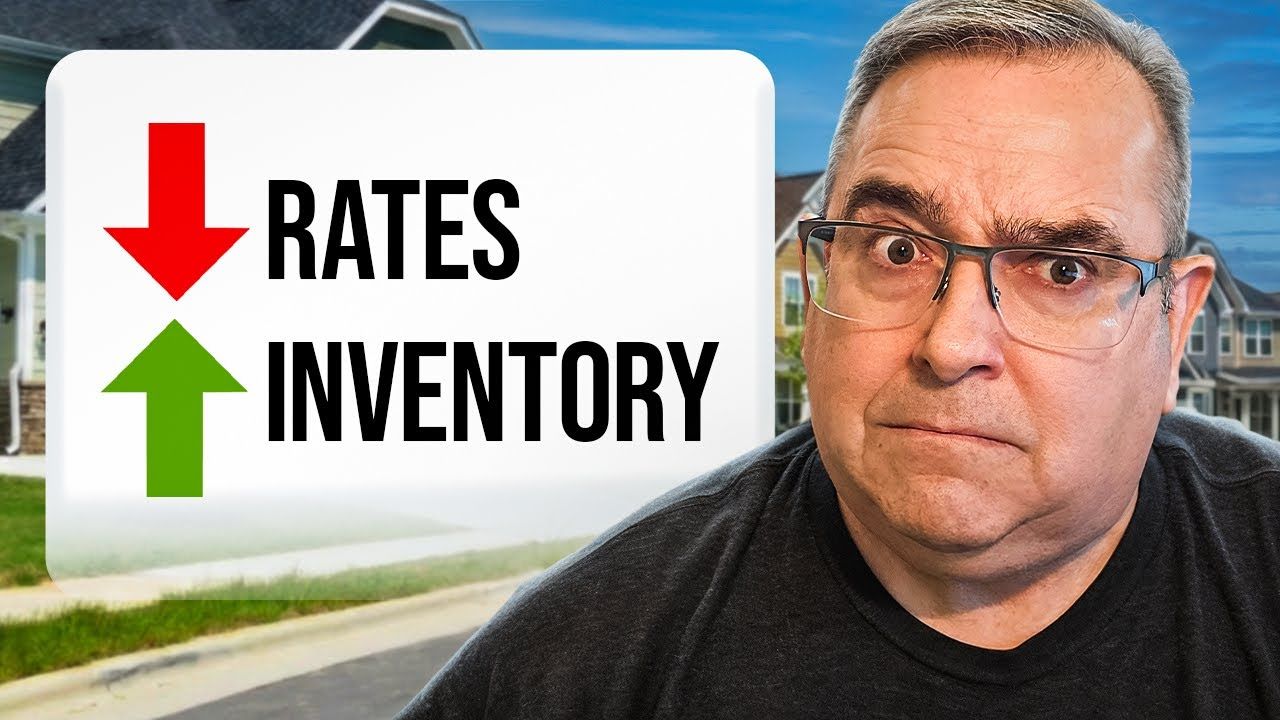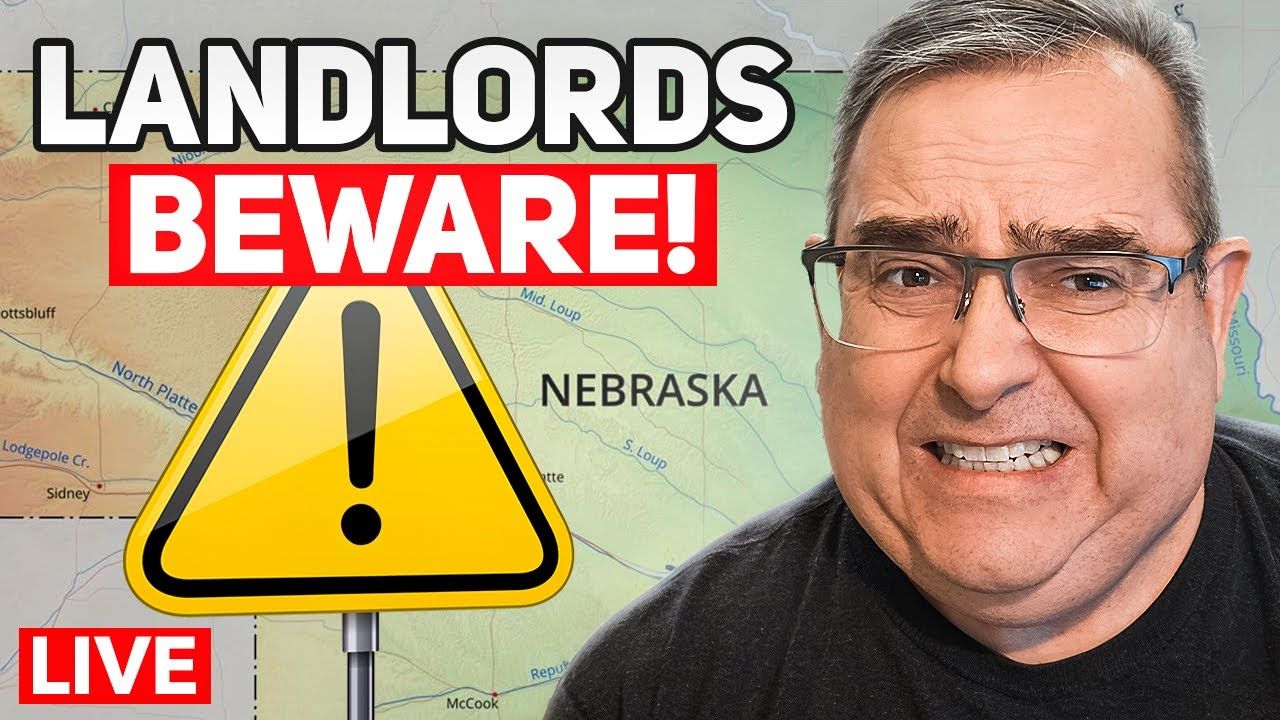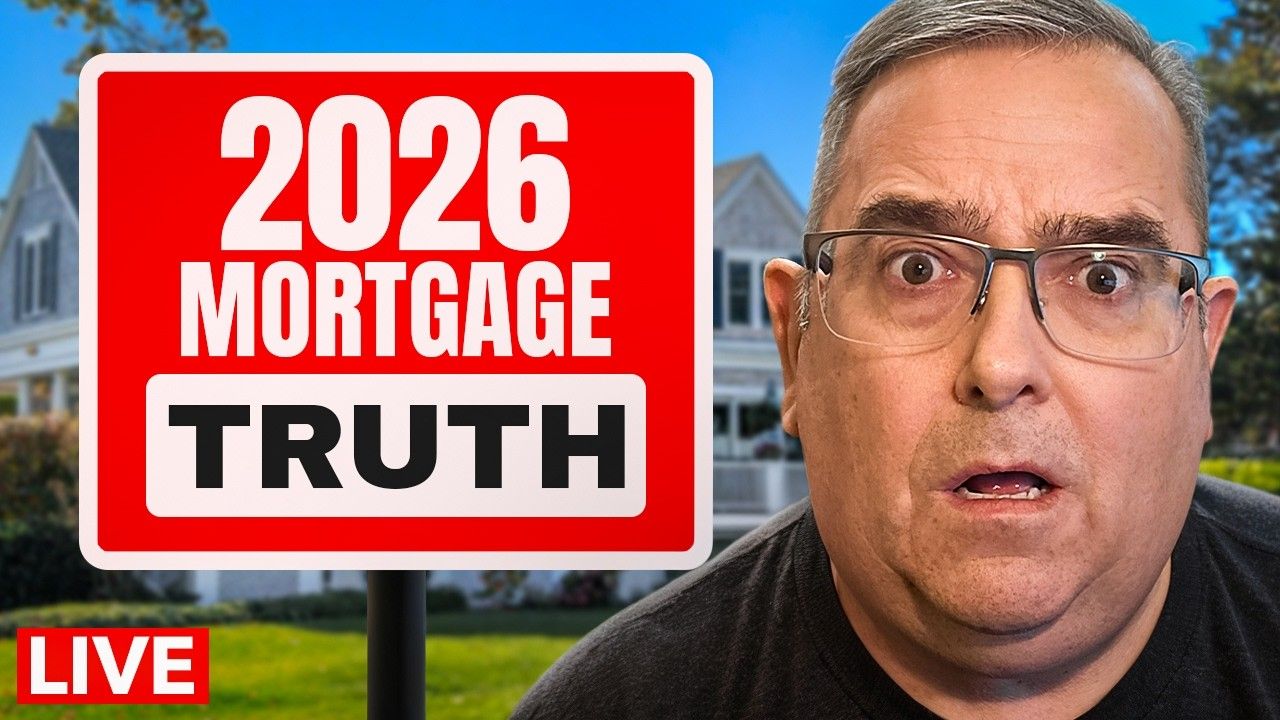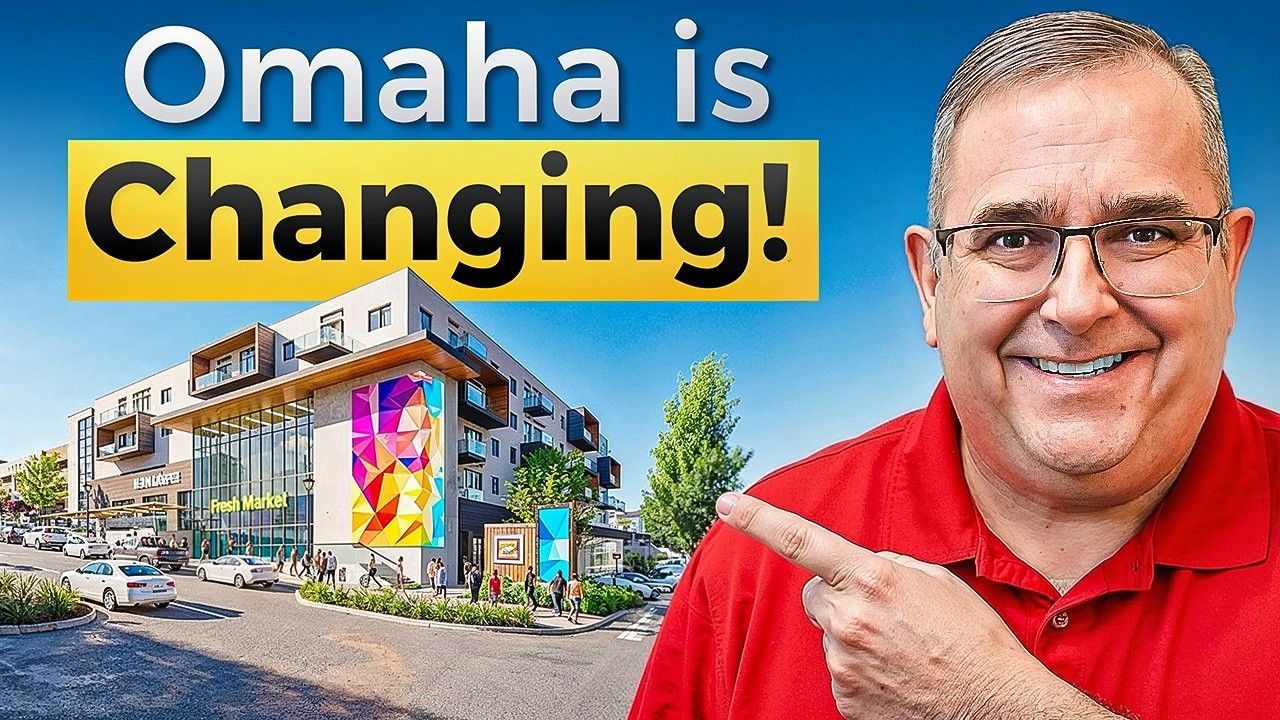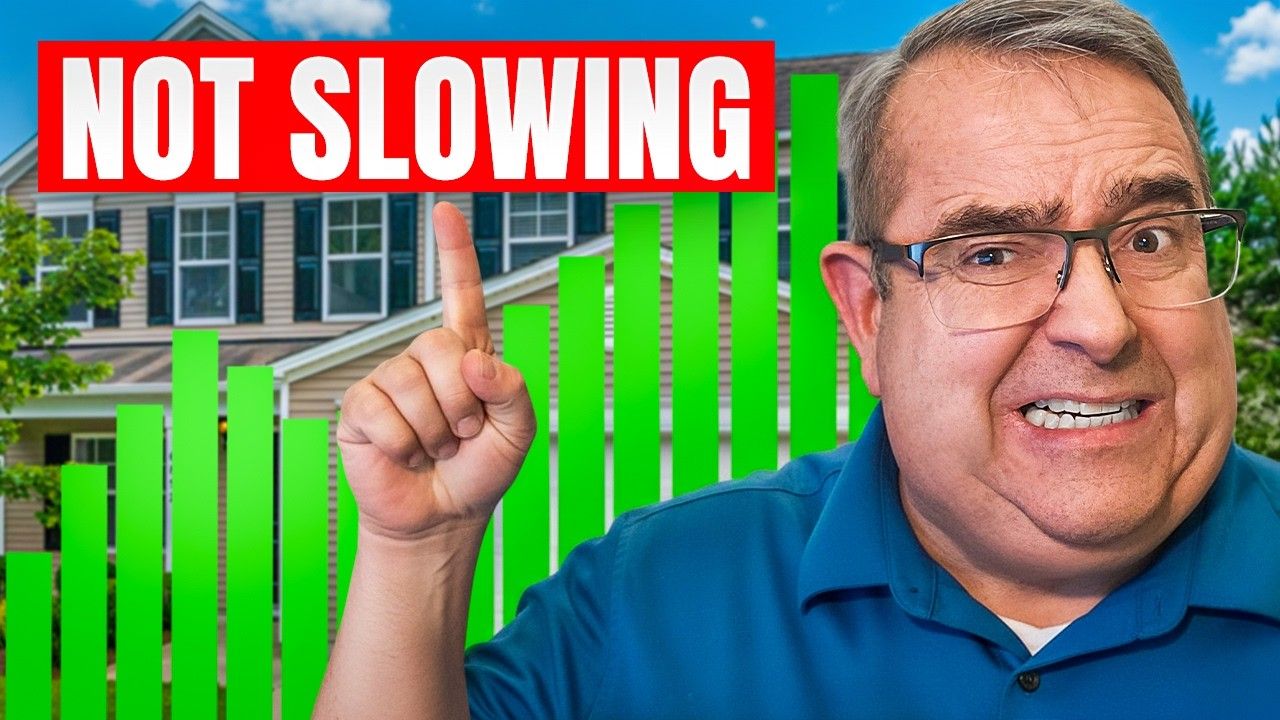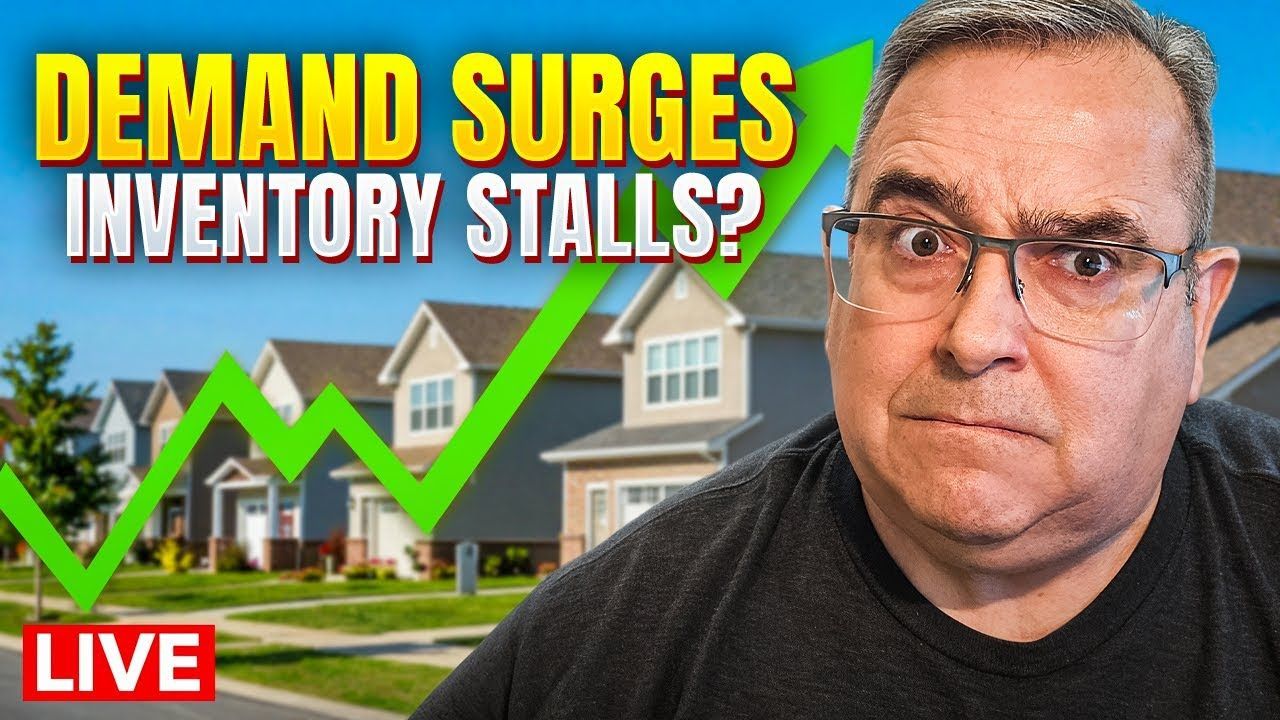Why People Are Leaving Omaha, Nebraska — 10 Reasons Recent Grads and Young Professionals Are Heading Elsewhere
I made a video about this topic and walked through hard truths about living in Omaha — I'm David Matney of Living in Omaha, and in this article I dig deeper into why people are leaving Omaha, Nebraska. I’ll explain the factors pushing college graduates and young professionals away, offer context, and share practical steps you can take if you’re deciding whether to stay or go.
Table of Contents
- Overview: The Paradox of Omaha — Highly Ranked, Yet Losing Talent
- 1) Taxes: Why the Money Equation Pushes People Out
- 2) Weather: Extremes, Unpredictability, and the Small Daily Frictions
- 3) Roads and Infrastructure: Potholes, Repairs, and Wear-and-tear
- 4) Homeowners Insurance and Housing Affordability
- 5) Schools: Quality, Funding, and Unequal Outcomes
- 6) Crime and Perceptions of Safety
- 7) Limited Public Transportation and Car Dependency
- 8) Opportunity — or the Perception of It — in Larger Metro Areas
- 9) Culture, Laws, and a Reluctance Toward Change
- 10) Segregation and History: Redlining’s Lingering Impact
- What Recent Graduates and Young Professionals Tell Me — the Common Threads
- Can Omaha Fix It? Signs of Progress and the Work Ahead
- Practical Checklist if You’re Weighing Whether to Stay or Go
- Conclusion — A Balanced Perspective
- FAQs About Why People Are Leaving Omaha, Nebraska
Overview: The Paradox of Omaha — Highly Ranked, Yet Losing Talent
On one hand, Omaha scored a perfect 100 in a recent Forbes ranking for best cities to move to. We're Nebraska’s largest city, home to major employers, a world-class zoo, and national cultural events. On the other hand, the University of Nebraska at Omaha reports a consistent net loss of college graduates leaving the state — a phenomenon often called brain drain. That mismatch is exactly why people are leaving Omaha, Nebraska: there’s a clear set of push factors that outweigh the local pull for many young adults.
1) Taxes: Why the Money Equation Pushes People Out
One of the most repeated reasons I hear when people ask why people are leaving Omaha, Nebraska is taxes. Nebraska has a heavy reliance on property taxes to fund local services — especially schools — and that burden falls disproportionately on urban homeowners and renters.
The state’s population is under two million, and agricultural land (which covers a lot of Nebraska) is taxed at a lower rate than residential and commercial property inside cities. Combine that with modest tourism revenue and governments that need to raise funds, and you have rising property taxes in Omaha and other urban areas.
Nebraska also has a state income tax, a state sales tax, and many localities add a city sales tax on top of that. Omaha has had a "temporary" restaurant tax that residents watched become a permanent extra on dining bills. When you tally all these, it makes living expenses feel heavier to young graduates building early-career budgets — which is a big reason why people are leaving Omaha, Nebraska.
Practical note: if you’re budgeting to buy a home in Omaha, run the numbers including property taxes, local sales taxes and typical utility or licensing fees. Many newcomers underestimate how quickly those line items add up.
2) Weather: Extremes, Unpredictability, and the Small Daily Frictions
Weather is an emotional reason and a practical one. When people ask why people are leaving Omaha, Nebraska, the weather comes up early in the conversation. We get bitter subzero winter days with nasty wind chill and then hot, muggy summers. Spring and fall can be extremely windy because eastern Nebraska sits where systems from the Rockies and the Gulf of Mexico meet, and much of the state is flat with few natural windbreaks.

That means you get dramatic weather swings, hail-producing thunderstorms, flash floods, and tornadoes. Recent tornado outbreaks and a major windstorm with 90+ mph gusts that caused the largest power outage in city history are fresh reminders that severe weather is real and can be expensive when it damages homes and infrastructure.
From a daily-life perspective, weather affects commute reliability, the cost of vehicles (4WD vs. FWD considerations), and how often you need to repair roofs or siding. For recent grads who have options to move to temperate climates, weather becomes an important factor in deciding why people are leaving Omaha, Nebraska.
3) Roads and Infrastructure: Potholes, Repairs, and Wear-and-tear
Another practical, wallet-focused reason people are leaving Omaha, Nebraska is the condition of roads and bridges. Repeated freeze-thaw cycles after snow melt let water seep into cracks, then refreeze and expand — which accelerates potholes and pavement damage. Locals joke there are two seasons here: winter and road construction. That joke exists for a reason.
Bad roads aren’t just an aesthetic complaint. They mean more car repairs, potential damage to low-clearance vehicles, slower commutes, and a daily reminder of infrastructure underinvestment. Some families factor potential damage into the kind of car they buy; others factor it into commuting time and safety. That steady friction nudges people to seek places with smoother streets and faster commutes — another explanation for why people are leaving Omaha, Nebraska.
4) Homeowners Insurance and Housing Affordability
Housing costs in Omaha might seem reasonable at first glance, until you stack property taxes and homeowners insurance on top. Nebraska ranks among the top states for high homeowners insurance premiums, largely because of weather-related risks. That’s especially meaningful for young buyers who may already be stretching their down payment.
A critical point many buyers don’t realize: some insurance companies exclude replacement coverage for older roofs. If a roof is older than a certain age — often around 10 years — insurers may only offer actual cash value (ACV) instead of full replacement. That can leave homeowners on the hook for large out-of-pocket costs after a storm. I have spoken with agents who caution that premiums could rise further, dramatically increasing annual costs.
When you combine rising insurance costs with high property taxes, you get a powerful financial push factor that explains why people are leaving Omaha, Nebraska — particularly among people balancing student loans, mortgages, and family budgets.
5) Schools: Quality, Funding, and Unequal Outcomes
Omaha is often marketed as a great place to raise a family, and the state invests heavily in public education — roughly half of many school districts’ funding comes from property taxes. But not all school districts perform equally, and that differential shapes where families choose to live.
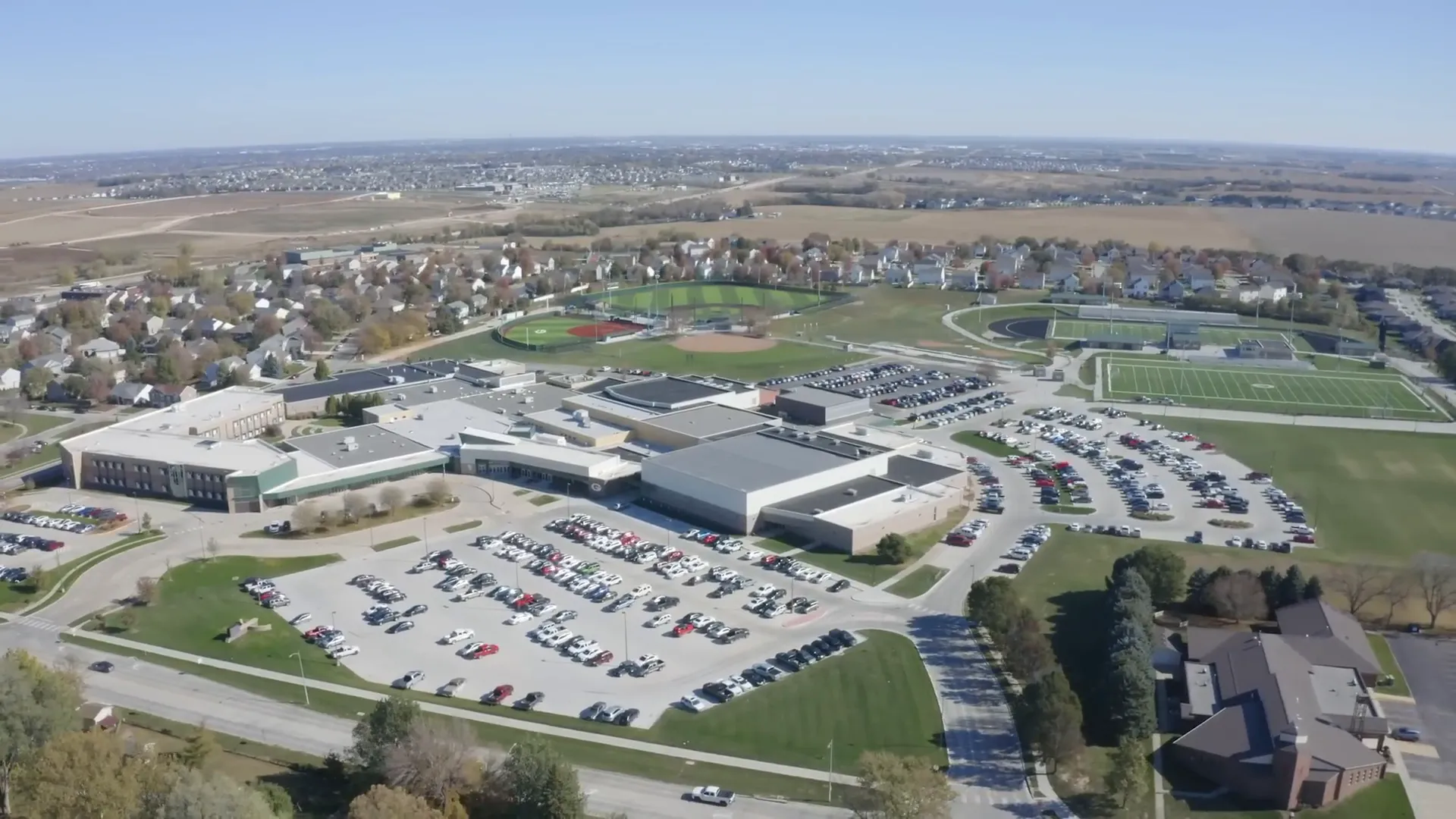
Omaha Public Schools (OPS) is the largest district in the state. According to the Nebraska Department of Education, OPS carries a "needs support to improve" classification — the lowest of the department’s four classifications (excellent, great, good, needs support to improve). That’s a troubling mismatch: residents pay some of the highest property taxes in the nation and sometimes don’t see top-tier school outcomes.
Graduation rates are another concern. OPS’s graduation rate dropped to 70.4% for the 2022–2023 year, down over six percentage points from five years earlier. For some parents and young professionals, that educational uncertainty is among the reasons why people are leaving Omaha, Nebraska: they want stronger school performance for their children or better-funded, higher-performing options elsewhere.
6) Crime and Perceptions of Safety
Safety is a core consideration for both families and single professionals. Crime in Omaha is not at the level of major metros like Chicago or New York, but the statistics show room for improvement — especially in property crime. According to neighborhoodscout.com, Omaha is statistically safer than only about 5% of U.S. cities in the dataset. Your chance of being a victim of violent crime in Omaha is roughly 1 in 178, compared to 1 in 354 for the state overall. For property crimes, Omaha's chance is about 1 in 29.
Perceptions matter as much as statistics. When a city or neighborhood feels unsafe, it can affect businesses, real estate demand, and whether college grads decide to stay. In conversations about why people are leaving Omaha, Nebraska, concerns about crime and safety come up frequently.
7) Limited Public Transportation and Car Dependency
Omaha’s public transportation system is improving but remains limited for many residents. You’ll need a car for most commutes and errands. There’s a metro bus system and ORBIT (Omaha Rapid Bus Transit) serving parts of Dodge Street, and the city is building a streetcar scheduled for completion in 2027 running from the riverfront to Blackstone. These are important improvements, but public transit gaps make the city less attractive to grads who prefer walkable, transit-first urban living in peer metros.
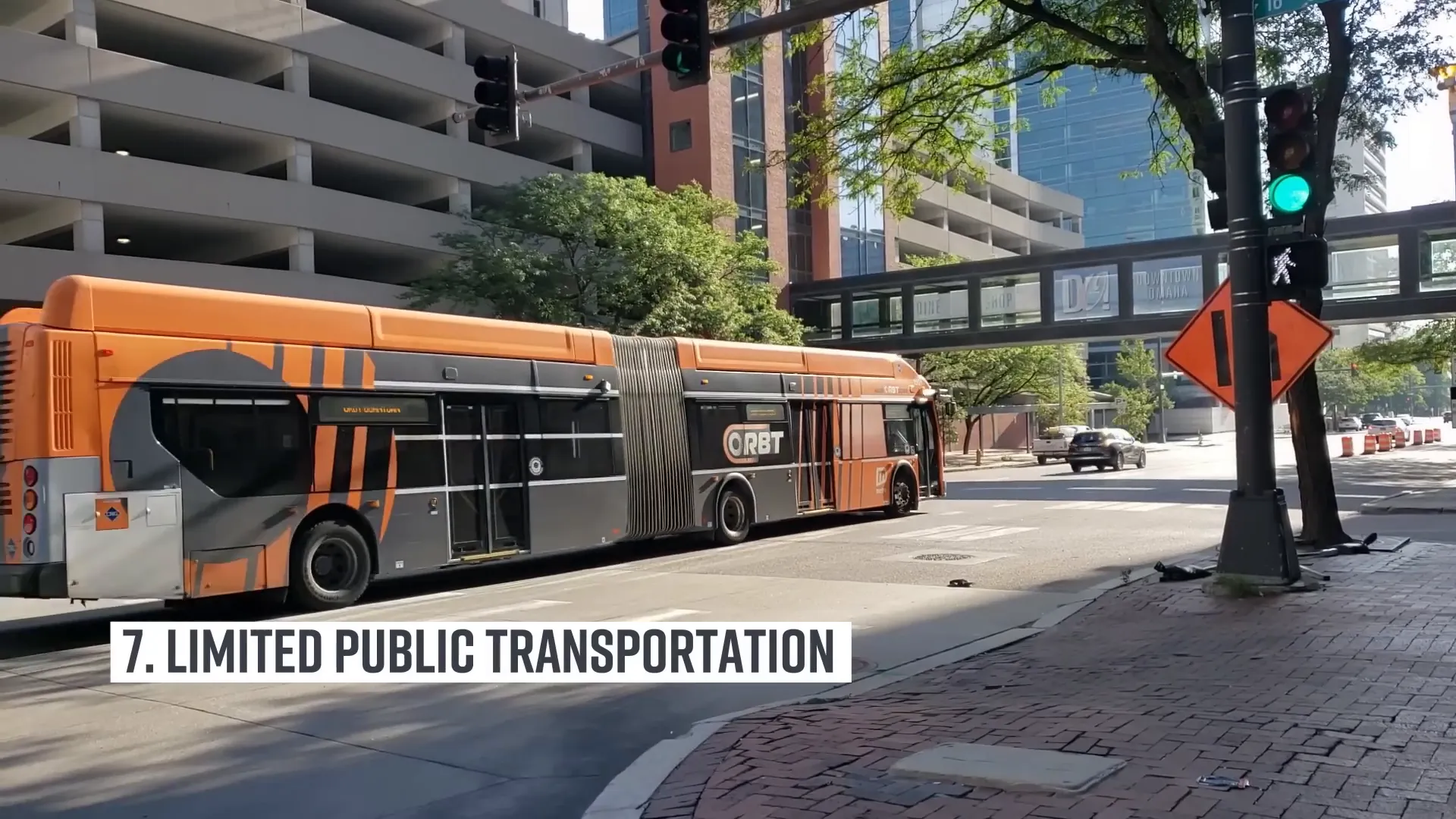
Car dependency increases living costs: fuel, insurance, maintenance, and parking add to monthly budgets. That is a real contributor to why people are leaving Omaha, Nebraska for cities with more robust transit systems.
8) Opportunity — or the Perception of It — in Larger Metro Areas
Perhaps the most direct driver of brain drain is opportunity. Omaha offers solid postsecondary options — University of Nebraska at Omaha, Creighton University, University of Nebraska–Lincoln, and Metro Community College — and notable employers including Fortune 500 companies as well as newly announced data centers from Google and Facebook. Yet after graduation many students look at national job markets and see more openings, higher starting salaries, or a faster-paced career trajectory in larger coastal and Sun Belt metros.
In short, many college grads are leaving because they perceive better career growth and more diverse industries elsewhere. When opportunity feels limited or narrowly defined locally, it becomes a central reason why people are leaving Omaha, Nebraska.
9) Culture, Laws, and a Reluctance Toward Change
Cultural fit matters. Another reason people are leaving Omaha, Nebraska is a perceived "don’t like change" mentality that shows up in local norms and policy choices. Some traditions or regulations can feel outdated to younger residents: for example, Memorial Stadium in Lincoln historically did not serve alcohol at games, which puzzled many visitors. State laws on recreational and medical cannabis remain restrictive compared to many other states, even if small decriminalization measures exist.
For some younger people, these cultural and legal constraints signal a slower pace of social change. If that matters to you, it’s another reason why people are leaving Omaha, Nebraska in favor of places aligned with their values and lifestyles.
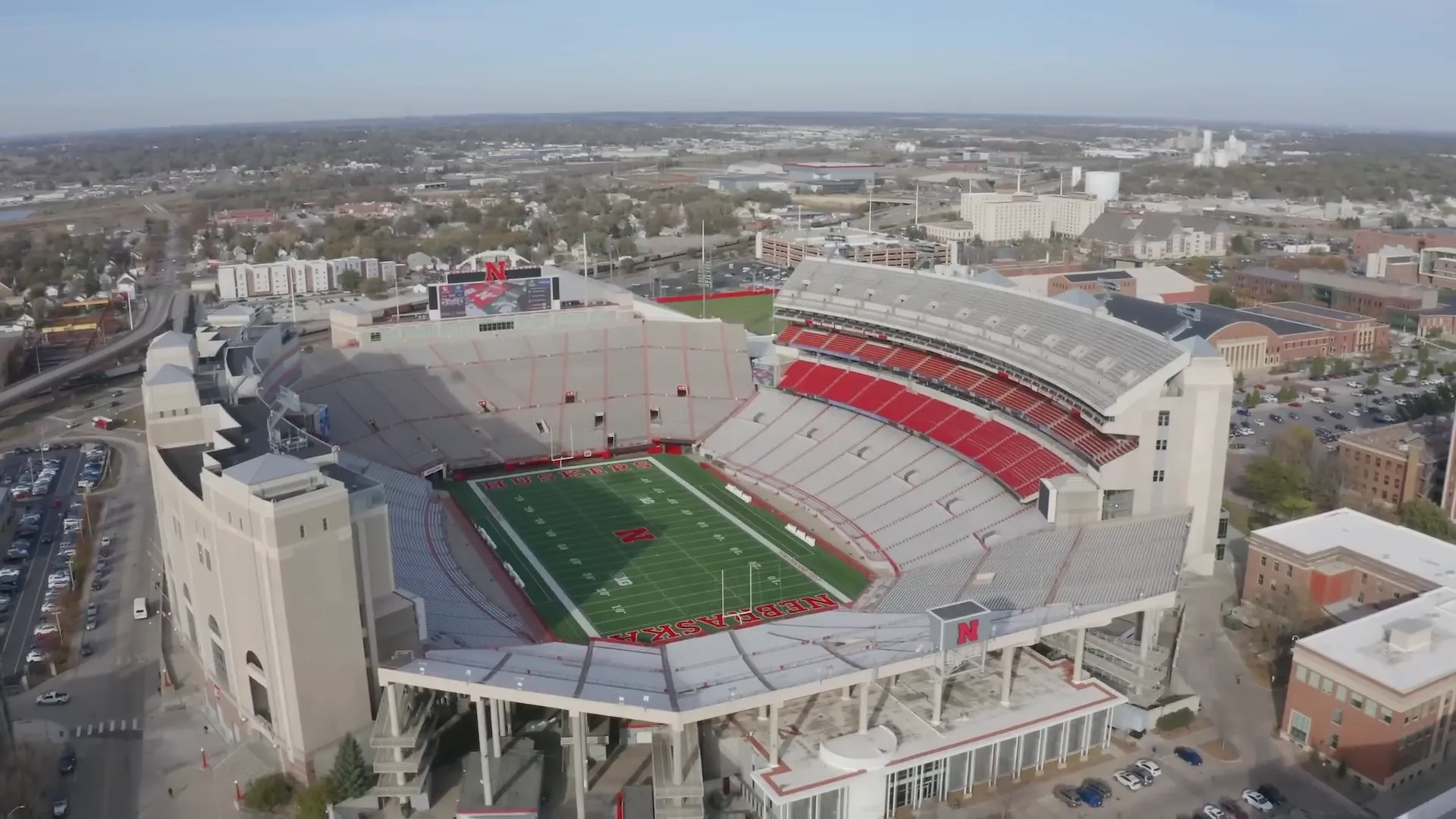
10) Segregation and History: Redlining’s Lingering Impact
Finally, a more structural and uncomfortable reason people are leaving Omaha, Nebraska has roots in segregation and redlining. In 1935 the Omaha Home Owners' Loan Corporation produced maps labeling neighborhoods as high or low risk (red, yellow, blue, green) — a practice that steered mortgage capital away from minority neighborhoods. Later in the mid-20th century, restrictive covenants in new suburban neighborhoods explicitly prohibited people of color from buying homes. Although the Fair Housing Act of 1968 outlawed discrimination, the spatial and economic legacy of these policies remains evident in many parts of the city.
Segregation affects educational opportunity, access to investment, crime statistics, and the daily lived experience of residents. When communities feel excluded or when opportunity is unevenly distributed, people — particularly those who are mobile and have options — leave. That’s another reason why people are leaving Omaha, Nebraska for places where neighborhoods and investment patterns are different.
What Recent Graduates and Young Professionals Tell Me — the Common Threads
Across many conversations, a few themes repeat: finances, career opportunity, lifestyle fit, and perceived future prospects. Here are the practical takeaways I share with people deciding whether to stay in Omaha or move:
- Do a full cost-of-living comparison that includes property taxes, homeowner or renter insurance, car costs, and local sales taxes — not just housing price per square foot.
- Factor in career trajectory: entry salary is one measure; the local job market depth for your industry and likelihood of promotions matters more.
- Consider weather tolerance and car needs: is hilly, winter driving acceptable? Can you budget for occasional storm repairs?
- Research specific school districts, not just the city. OPS covers many neighborhoods with different outcomes; individual schools vary widely.
- Think about long-term community fit: are you comfortable with the pace of social change and local policies?
Can Omaha Fix It? Signs of Progress and the Work Ahead
It’s not all doom and gloom. Omaha has strong assets: major corporations, a growing tech footprint with new data centers, healthcare institutions with national reach, and cultural amenities. The city is investing in transit (the streetcar), and state and local leaders are aware of brain drain and are partnering with universities and employers to create pathways for graduates.
Still, fixing structural issues like property tax distribution, insurance market volatility, and long-term effects of historical segregation will require sustained policy attention and investment. That’s why some younger families and grads decide to leave now — they want immediate access to different job markets, lower immediate costs, or climates they prefer.
Practical Checklist if You’re Weighing Whether to Stay or Go
- Run a 5-year budget that includes housing, taxes, insurance, transport, and career salary growth.
- Compare job openings in your field locally vs. target cities — not just salaries but role types and promotion trajectories.
- Visit neighborhoods at different times (day/night/weekend) to assess safety, commute, and amenities.
- Check school-level data on the Nebraska Department of Education site and visit campuses if children are in the plan.
- Speak to a local agent or relocation specialist about hidden costs (roof age, insurance exclusions, expected premiums).
Conclusion — A Balanced Perspective
Why people are leaving Omaha, Nebraska is a multi-layered question with economic, social, and personal answers. Omaha offers compelling reasons to stay: affordability relative to many coastal cities, strong employers, and quality-of-life assets many people cherish. But property taxes, insurance costs, weather risks, school variability, public safety concerns, limited transit, cultural fit, and historical segregation all contribute to why many college graduates and younger residents choose to move elsewhere.
If you’re deciding whether to stay or go, do the math, visit neighborhoods, and weigh opportunity curves, not just entry-level salaries or housing costs. For those who want to make Omaha home, getting informed and advocating for policy changes at the local level can help improve the city’s retention of young talent over time. And if you’re ready to explore your options, I’d love to help as your local Omaha realtor—reach me anytime at 402-490-6771!
FAQs About Why People Are Leaving Omaha, Nebraska
Is Omaha really losing a lot of college graduates?
Yes. Studies from institutions like the University of Nebraska at Omaha show a net outflow of college graduates, commonly referred to as brain drain. Many graduates cite career opportunity and lifestyle preferences as primary reasons for leaving.
Are property taxes the main reason people move away?
Property taxes are a major factor, especially when combined with homeowners' insurance and other living costs. High property tax burdens to fund local services like schools can push residents to look for lower-tax markets.
Is weather a reasonable reason to leave Omaha?
Absolutely. Weather affects daily life, home repair costs, and commute reliability. For people used to mild climates, Omaha’s extreme swings and severe weather events are significant motivators for relocation.
How bad is crime in Omaha compared to other cities?
Crime in Omaha is higher than the Nebraska state average in some categories, particularly property crime. Neighborhood-level differences are significant, so research specific areas rather than relying on citywide averages.
Will the new streetcar or tech investments stop the brain drain?
They could help. Investments like the ORBIT system and the planned streetcar improve mobility and urban amenities, while data centers and large employers expand the job base. But long-term retention requires systemic improvements in taxes, housing costs, education outcomes, and perceptions of opportunity.
If I’m a young professional, should I move to Omaha?
It depends on your career field, tolerance for winters, and priorities around cost of living vs. professional growth. Omaha can be a great base for many people, but weigh local job market depth, transport needs, and family or lifestyle priorities before deciding.
What’s one immediate step someone should take if they’re considering leaving Omaha?
Make a 12-month relocation plan with a clear financial comparison and a job search strategy. Include insurance and tax differences and visit your target city at the times you’d actually live there (weekday mornings, weekends, etc.).
DAVID MATNEY
David Matney is a trusted Realtor® and local expert with over 20 years of experience in Omaha’s real estate market.

